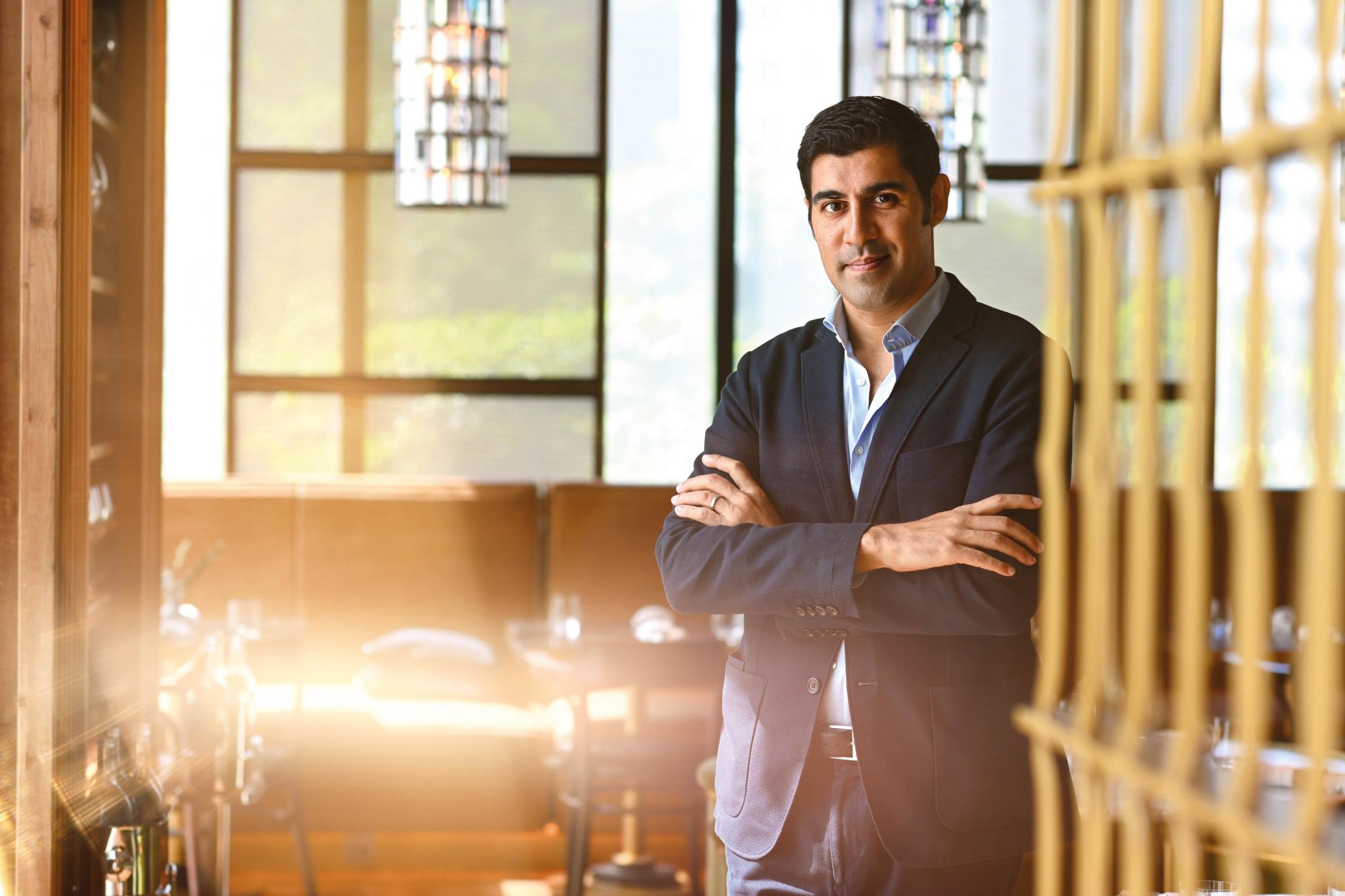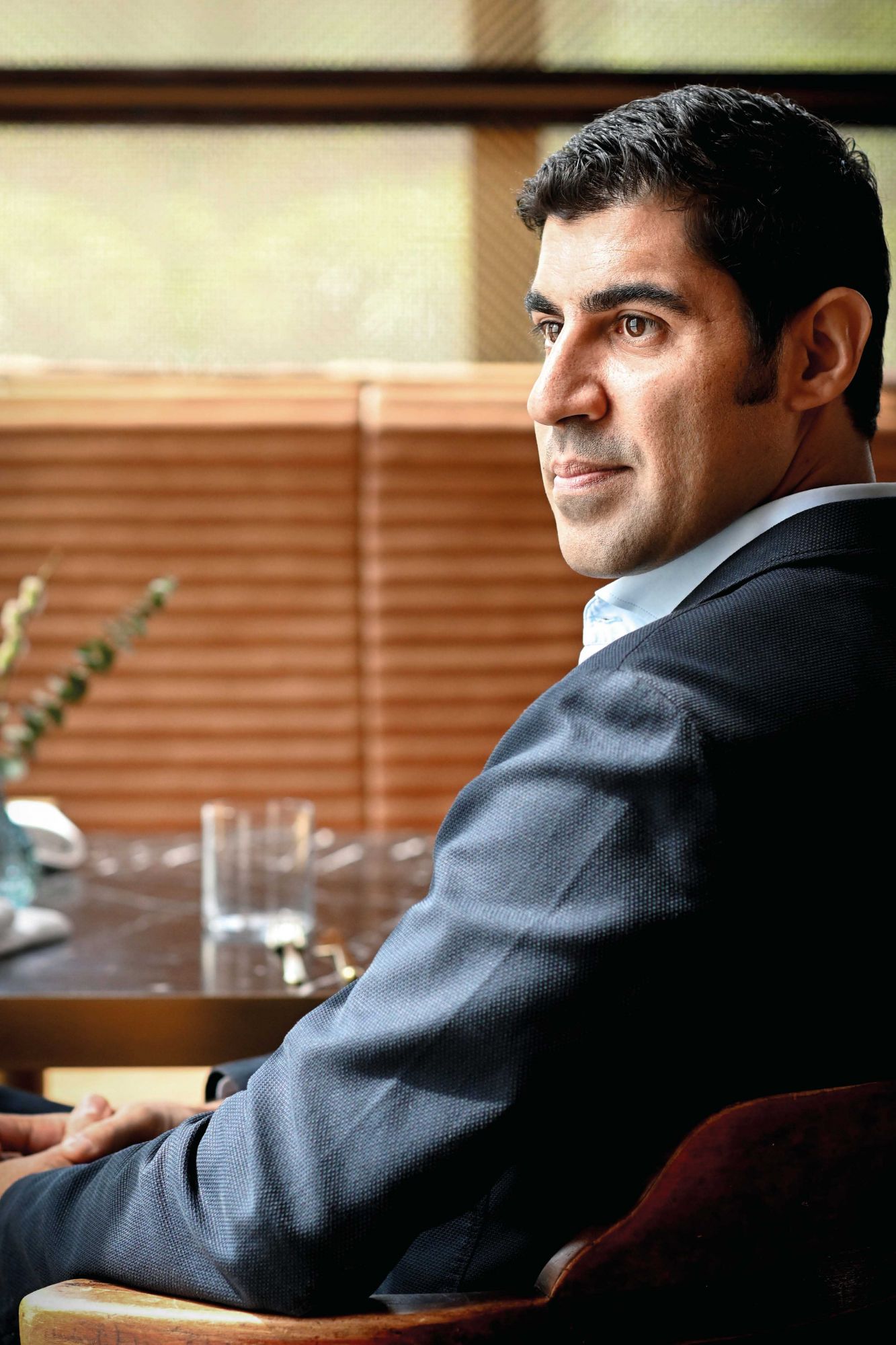Parag Khanna’s newest book Move reimagines the future of human civilisation and migration
How will future generations cope with the threat of rising sea levels, droughts and other climate disasters? Will geographical borders still exist? How has the pandemic re-defined our future? Singapore-based author and international relations specialist Parag Khanna explores these questions and more in his latest book, Move: The Forces Uprooting Us, where he posits that the next generation is going to be a nomadic one, one of the reasons being the threat of climate change.
The book, says Khanna, is a continuation of his 2016 bestseller, Connectography. The global strategist explains, “It’s just one stream of consciousness that an editor has cut off and said, you’ve written 750 pages, please stop. So this is a sequel to Connectography, which was about global connectivity, infrastructure, supply chain and to some degree mobility. But it’s also about connectivity as a philosophy—the fact that we are all connected to each other, and there is more mobility than ever before. It was a book about what is called functional geography, and how we use space.”
We chat more with the one-time Gen.T Stream speaker about key takeaways from the book.
See also: Ayesha And Parag Khanna On Artificial Intelligence And Coding With Their Kids

How would you define and explain this nomadic attitude that people are adopting today?
What really thrived in the pandemic is what I call mobile real estate, which is at the high end, like a private jet or a yacht, or a luxury camper van or a 3D printed house that can be put on the back of the truck and moved around countries in Europe. You can park there. You can live there.
I’m not saying that old people are going to do that. I like to say that the book is like Nomadland for the human species. The movie Nomadland gives the false impression that they’re doing so voluntarily. Most elderly people who live in camper vans are very poor and have no pension or anything.
But for young people, it is voluntary. Young people are like, ‘why does my house have a mortgage? What if I lose my job? What if there’s a tropical storm or a cyclone? Why would I have that debt? If I buy a really fancy trailer van or a 3D printed house, I can literally move it around. If the storm comes, I move, and switch my job.’
And I believe that that’s not only smart because you’re saving hundreds of thousands of dollars, but you are mobile, and you’ve bought a climate-resilient asset. It’s a deeper, unintentional manifestation of the human biological fight or flight response.
Did the pandemic change your findings?
The pandemic has simply accelerated my thesis. The book was done before the pandemic, which ended up delaying it for a while. And I was glad we did because the momentum is just building upon this issue, like nomad visas. Because now we have more data about nomad visas, a huge theme in my book is about citizenship for sale.
Optionality is the keyword. I think young people prize that optionality because they don’t trust governments. The degree of trust in government has plummeted, except for a couple of Asian countries like [Singapore].
See also: How Edison Feng of Sunnyfounder is Making Solar Energy Accessible For All


